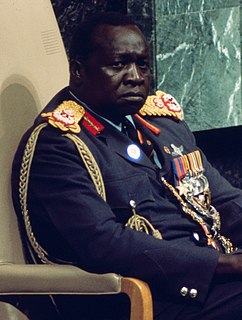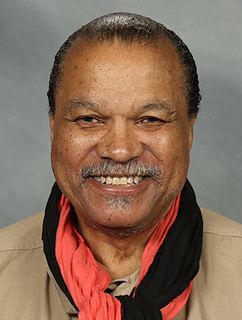A Quote by Forest Whitaker
Since Idi Amin was from the Sudanese section in the north of Uganda, he was darker skinned. He had more of a blue undertone. So, we did change the coloring of my skin to be closer to his. But otherwise, there were no transformations besides acting.





























